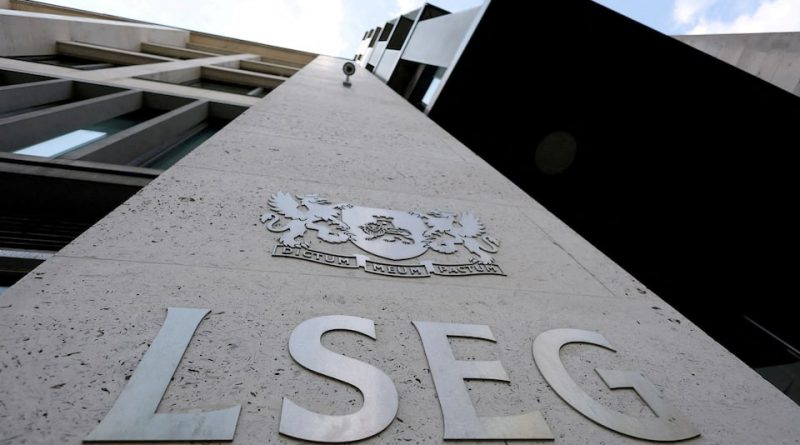FTSE 100 Slips as Consumer Staples and Industrials Weigh on Index
London’s blue-chip index softened at the start of the week, with sector-specific declines shaping investor sentiment ahead of the UK’s upcoming budget announcement.
London’s FTSE 100 drifted slightly lower on Monday, reflecting cautious market behaviour as consumer staples and industrial stocks recorded losses while investors prepared for the much-anticipated national budget later this week.
The index closed with a marginal decline of 0.1%, a movement influenced by sector-level weakness and broader global uncertainty weighing on trading activity.
Meanwhile, the FTSE 250 managed to advance by 0.2%, ending a lengthy losing streak and showing signs of resilience within the mid-cap segment.
Aerospace and defence companies registered declines, dropping around 1.7%, with several major firms losing ground amid progress in diplomatic negotiations aimed at resolving the conflict in Ukraine.
Major players in the sector experienced noticeable shifts, including one leading defence manufacturer down 3.6%, alongside another large engineering and defence services provider which slipped 1.6%.
Consumer-facing industries also contributed to downward pressure on the FTSE 100, as beverage and household goods stocks weakened across the board.
Major beverage companies saw losses of around 1.8%, while personal care, drug, and grocery stocks fell by 1.2% amid subdued demand outlooks.
Retail-focused names were among the notable decliners, with a well-known British retailer sliding 2.6% during the session.
Utilities also moved lower, recording losses of 1.3%, adding to the overall softness seen within defensive sectors of the index.
In contrast, banking stocks provided a positive counterbalance, rising approximately 1% on the day, supported by favourable projections for net interest income growth across European financial institutions.
One major international bank climbed nearly 3% following an analyst upgrade to a more optimistic rating, while another significant UK banking group rose over 2% after being named a top pick for the coming year.
Precious metals miners also delivered strong performance as investors shifted towards gold, lifting the sector by nearly 6% amid expectations of potential interest rate cuts by the Federal Reserve.
A leading precious metals producer surged more than 9%, while another major mining company gained 4% as commodity prices strengthened.
Homebuilders saw renewed momentum after a major investment bank initiated coverage with a constructive outlook, helping several prominent developers rise during the session, including one firm advancing 3.8%.
Travel and leisure stocks added upward support for the mid-cap index, with one major budget airline gaining 3.6% as sentiment improved around consumer travel trends.
Despite Monday’s rebound, the FTSE 250 remains down around 5% from its peak in early October, reflecting ongoing concerns about global market volatility and domestic fiscal uncertainty.
Market watchers are turning their attention to the upcoming budget announcement, where the finance minister is expected to introduce significant tax increases to address borrowing requirements and sustain welfare spending.
While income tax is expected to remain untouched due to election commitments, additional measures across other tax categories are anticipated as part of the government’s adjustment plan.
Global equities also posted gains at the start of the week, supported by recent comments from a U.S. Federal Reserve official that lifted expectations for an interest rate cut in December.
These developments come following a sharp market pullback driven by concerns over elevated valuations in artificial intelligence-linked stocks, creating a mixed but cautiously stabilising environment for global investors.
In corporate news, one major mining company saw its shares rise by 0.9%, after a rival firm formally withdrew its final attempt to acquire the business following extended negotiations.



